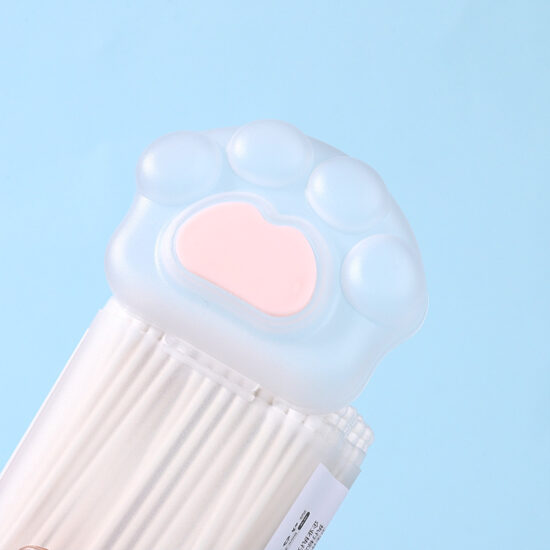bob@nbdho.com
The Environmental Impact of Plastic Toothbrushes
Here’s a concise overview of The Environmental Impact of Plastic Toothbrushes:
The Environmental Impact of Plastic Toothbrushes
Plastic toothbrushes are one of the most common sources of plastic waste worldwide. Made primarily from petroleum-based plastics, these toothbrushes contribute significantly to environmental pollution:
- Non-Biodegradable Waste: Plastic toothbrushes can take up to 400 years to decompose in landfills, lingering in the environment for centuries.
- Ocean Pollution: Millions of plastic toothbrushes end up in oceans every year, harming marine life through ingestion and entanglement.
- Microplastics: As plastic toothbrushes break down, they release microplastics that contaminate water sources and enter the food chain.
- High Carbon Footprint: The production and transportation of plastic toothbrushes rely heavily on fossil fuels, contributing to greenhouse gas emissions.
- Limited Recycling Options: Most plastic toothbrushes cannot be recycled due to mixed materials (plastic and nylon bristles), resulting in landfill accumulation.
Choosing alternatives like bamboo toothbrushes helps reduce this environmental burden and promotes a cleaner, healthier planet.
Need this adapted for a blog post or a short video script?

